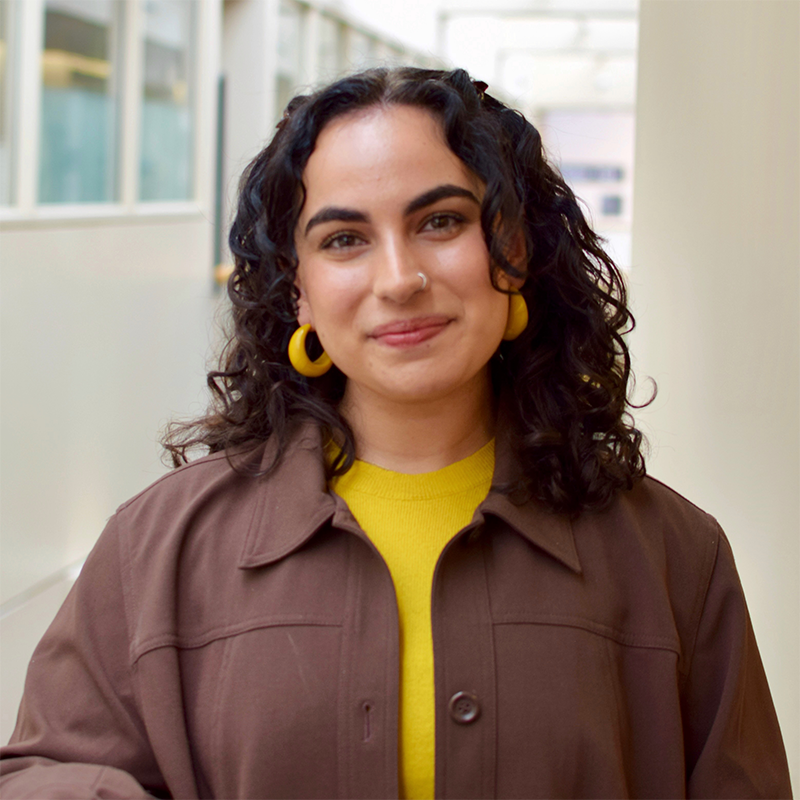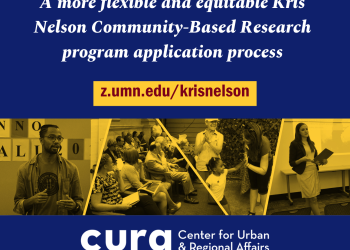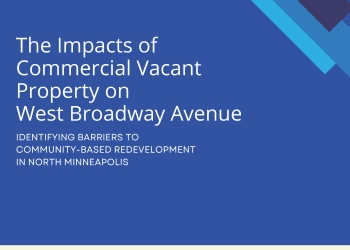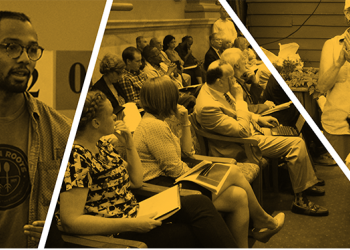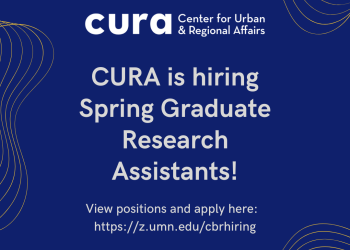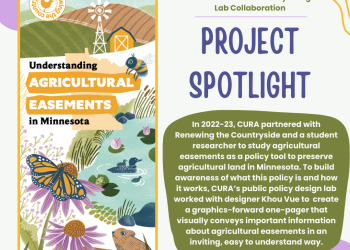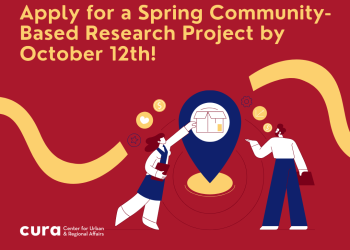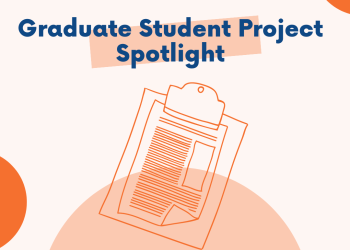CURA believes that communities have the skills and experience to conduct research that produces valuable knowledge grounded in lived experiences. We connect community leaders with University resources to expand community research capacity and explore innovative ideas for closing racial and economic disparities around the region.
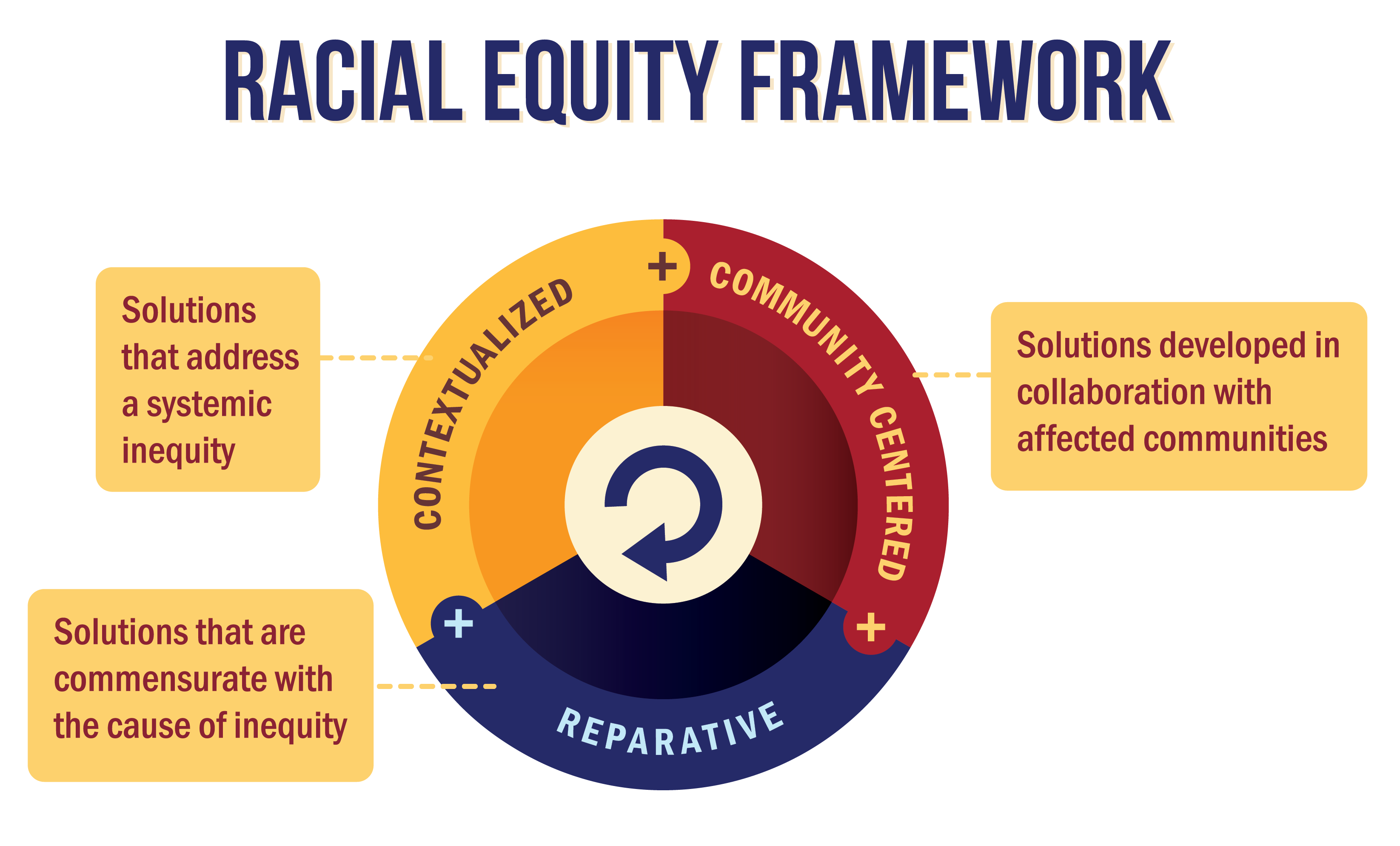
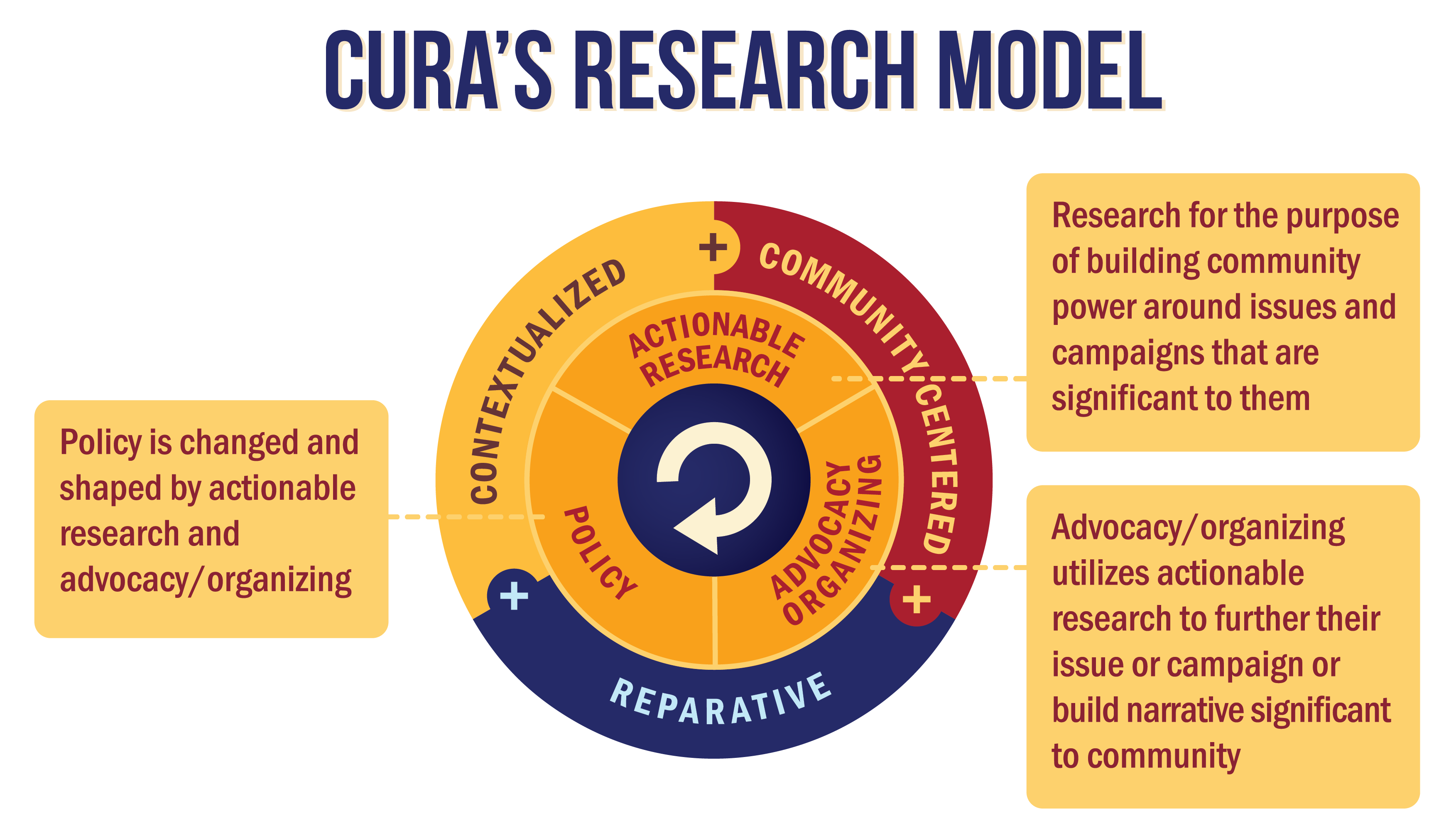
Program Goals
The Nelson program, named in honor of founding director Kris Nelson, provides community-driven, applied research and technical assistance to community organizations and metro-area government agencies. We match the research and technical needs of organizations with student research assistants to carry out community-defined and -guided projects. CURA works with organizations selected for the program to create shared understanding and action based on the results.
The Nelson Program provides approximately 200 hours of student time to work on a project in the spring and fall semesters, or 260 hours during the summer. The goals of the program are to support place-based and community-based organizations to create impact in the following areas:
- People and Places - Builds the leadership and power of low-income communities, communities of color, immigrant communities, seniors, people with disabilities, youth, renters or other historically excluded communities in a neighborhood or specific geographic area. Addresses a community issue, need or opportunity.
- Organizations - Supports the capacity of community-based, neighborhood or other place-based organizations to more effectively and equitably engage and involve the diversity of their community in the leadership of their organization. Makes neighborhood or other place-based organizations more representative of the communities in which they work.
- Collaborations - Builds strong networks and relationships within and/or among diverse cultural or geographic communities.
- Systems - Expands the influence of community members on neighborhood systems, practices, initiatives and policies that lead to greater racial, social and economic equity.
The Nelson program gives priority to communities of color and disadvantaged communities.
Selection Criteria
We select grantees for the Nelson program based on the following criteria:
- Clear problem or opportunity statement.
- Clear definition of who the research benefits and how. Projects benefiting low-wealth communities and communities of color receive priority.
- Clear description of how affected people will be involved in the process.
- Clear description of research methods and research tasks
- Clear description of how the results will be used and what their impact will be.
- Appropriate scope and scale for a graduate student to complete over the course of a semester
Selection Process
In an effort to be more responsive to the needs and timelines of community-based organization, the Kris Nelson application is now open year-round. A board composed of CURA staff and community partners will use a co-created rubric to review and select projects three times per year to align with the beginning of each semester. Projects that are not selected for a given semester due to capacity constraints will be considered for the following semester. Selection dates are:
- March 15 for Summer Semester Projects (early June through August)
- June 15 for Fall Semester Projects (early September to Mid January)
- October 15 for Spring Semester Projects (Mid January through late May)
Application and Program requirements for Community-Based Organizations
- Before applying to the program, connect with Lee Guekguezian to discuss your research questions, methods, and goals. Some projects may not be a good fit for the program based on factors such as scale, subject matter, geography, and overall framing.
- If this initial discussion indicates that the program seems like a good fit for your project, submit an application!
- If your research project is selected for the program, community-based organizations are expected to fulfill the following requirements:
- Work with CURA staff to prepare a job description to be posted on the University’s student job board
- Independently review applications, interview students, and select a student to support your project as a graduate researcher.
- Attend an orientation at the start of the semester to learn about community-based research, program logistics, expectations, and deadlines.
- Work with your student researcher to co-create a work plan that outlines research timelines, roles and responsibilities, methods, and deliverables.
- Meet weekly with your student researcher to discuss research progress, limitations, etc.
- Meet with CURA staff for a mid-semester check-in, and complete an evaluation at the end of the project.
Access the new Kris Nelson Community Based-Research Program Online Application

